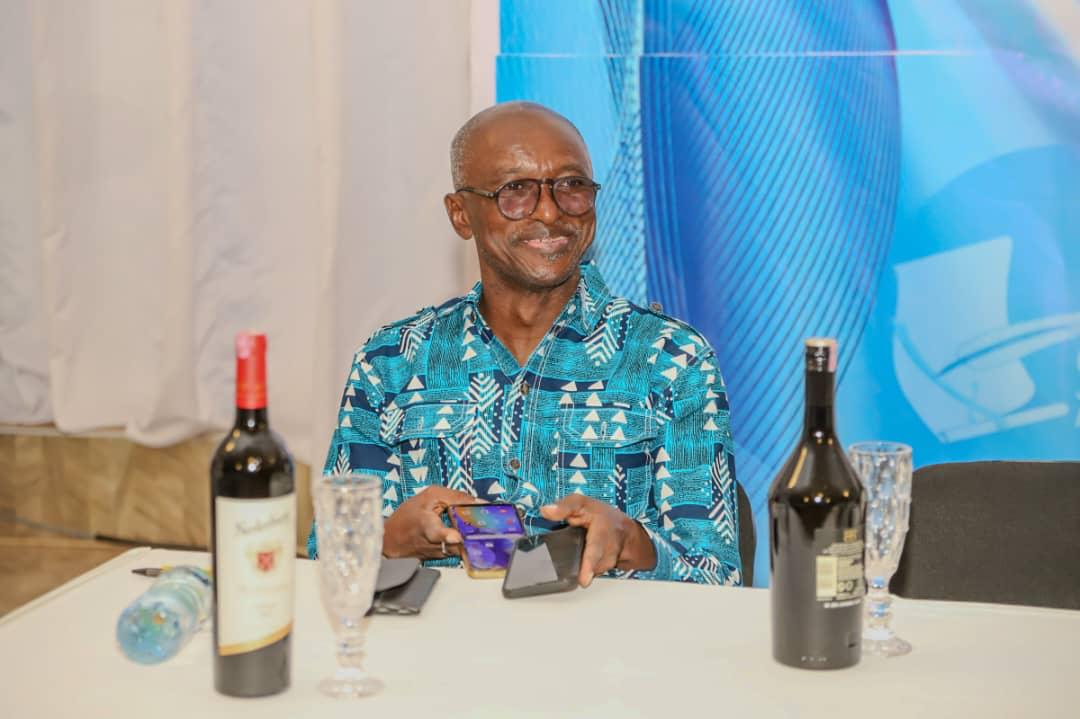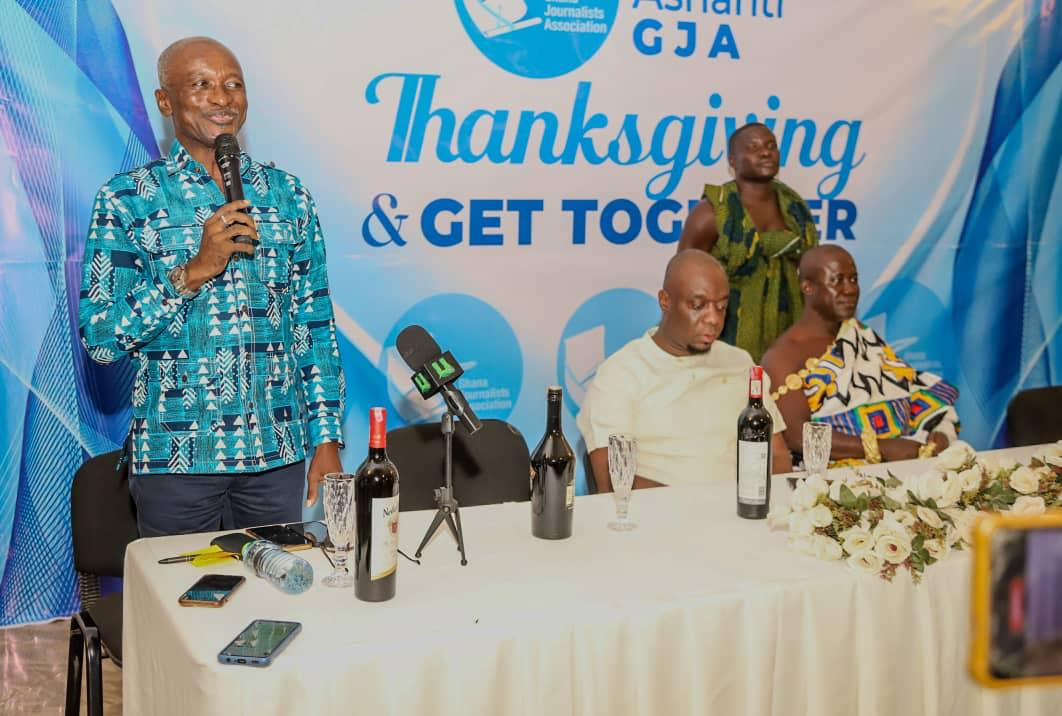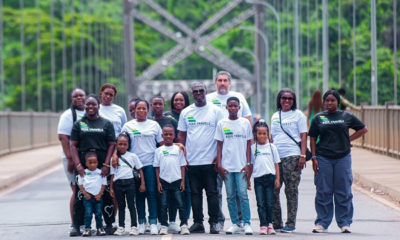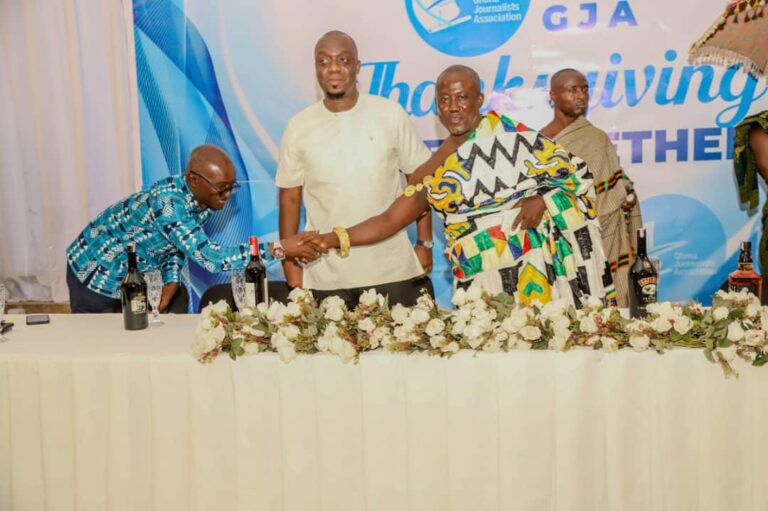 Kumasi Central Prisons Inmates live by miracle – Deputy Director of Prisons
Kumasi Central Prisons Inmates live by miracle – Deputy Director of Prisons
Ashanti Regional Commander of Prisons and Officer In-charge of the Kumasi Kumasi Central Prisons, Mr. James B. Mwinyell, has bemoaned about over crowding, inadequate nutrition and poor health of the inmates as some of the burdens facing the Prison Service.
According him, the prisons facility, which was constructed in 1901 and expanded in 1935 to accommodate 500 inmates, now has 1563, and feeding this huge number of inmates, he dislosed has become a huge burden on the authorities, who rely on a feeding grant of GHc1.80 per inmate per day, to prepare food for them.
 “The feeding of inmates is a major headache as the Ghc1.80.00 since around 2015. We rely on prison farms which sell to other non-farming stations and we also rely on donations mainly from faith-based organizations,” he stated.
“The feeding of inmates is a major headache as the Ghc1.80.00 since around 2015. We rely on prison farms which sell to other non-farming stations and we also rely on donations mainly from faith-based organizations,” he stated.
As at now, we have 1563 and this has a negative cascading effect on the every. What we do is that we give them breakfast around 11:00 in the morning, and we give them lunch and supper together so we serve them twice and this is pathetic. Breakfast is basically Koko (porridge), which we call it Acasa and their lunch plus supper is banku and groundnut from the farming state basically,” he narrated.
The Deputy Director of Prisons (DDP) James B Mwinyelle made these damning revelations during the Ashanti Regional branch of the Ghana Journalists Association (GJA) annual thanksgiving and get together ceremony on March 7, 2025.
“To give rice to the inmates at Kumasi Central Prison I need around 16 bags of rice before I can feed them, hence rice is served once a year, especially during Christmas festivities. So I have to accumulate rice organizations and individuals donations till end of year so I can give them rice,” he added.
“The protein intake is very low – beans cum groundnuts is too expensive for me to buy owing to the paltry sum of Ghc1.80.00 so the main food is kooko (porridge) for breakfast and just banku daily – once in a week we struggle to give them gari,” DPP Mwinyelle added
Ing. Mwinyelle called on the state to take a second look at the state of affairs in the country’s prisons and come up with urgent measures to address them.
He suggested that the feeding grant to inmates needed urgent review to reflect on the current cost of living and the prices of food items on the market.
He stressed the need to bring the prisons closer to society since the inmates were part of the society.
Story filed by Barbara Koranteng.

 Entertainment2 years ago
Entertainment2 years ago
 News2 years ago
News2 years ago
 News2 years ago
News2 years ago
 News1 year ago
News1 year ago
 News2 years ago
News2 years ago
 News1 year ago
News1 year ago
 Uncategorized2 years ago
Uncategorized2 years ago
 Politics2 years ago
Politics2 years ago
 Kumasi Central Prisons Inmates live by miracle – Deputy Director of Prisons
Kumasi Central Prisons Inmates live by miracle – Deputy Director of Prisons
 “The feeding of inmates is a major headache as the Ghc1.80.00 since around 2015. We rely on prison farms which sell to other non-farming stations and we also rely on donations mainly from faith-based organizations,” he stated.
“The feeding of inmates is a major headache as the Ghc1.80.00 since around 2015. We rely on prison farms which sell to other non-farming stations and we also rely on donations mainly from faith-based organizations,” he stated.



